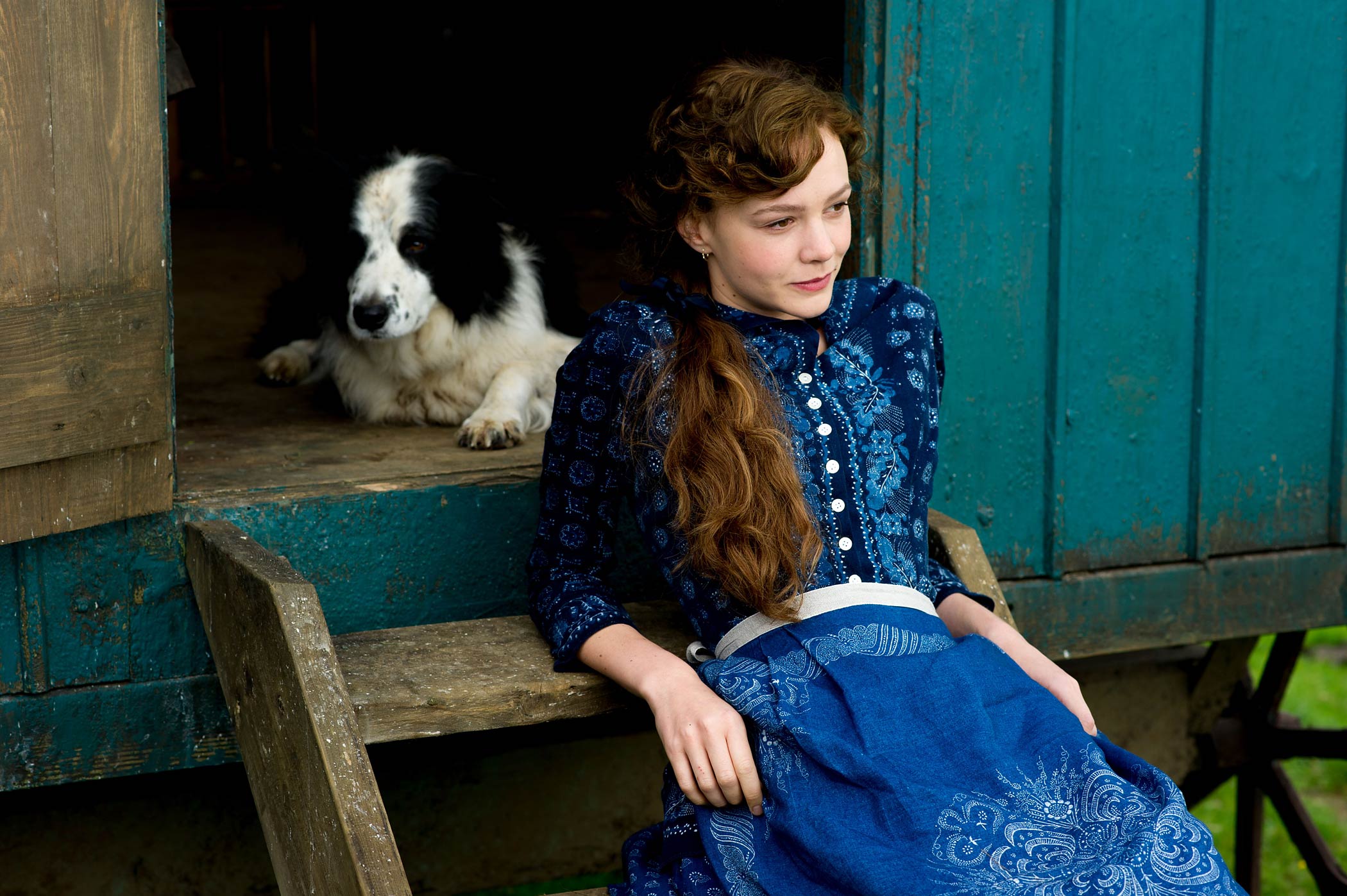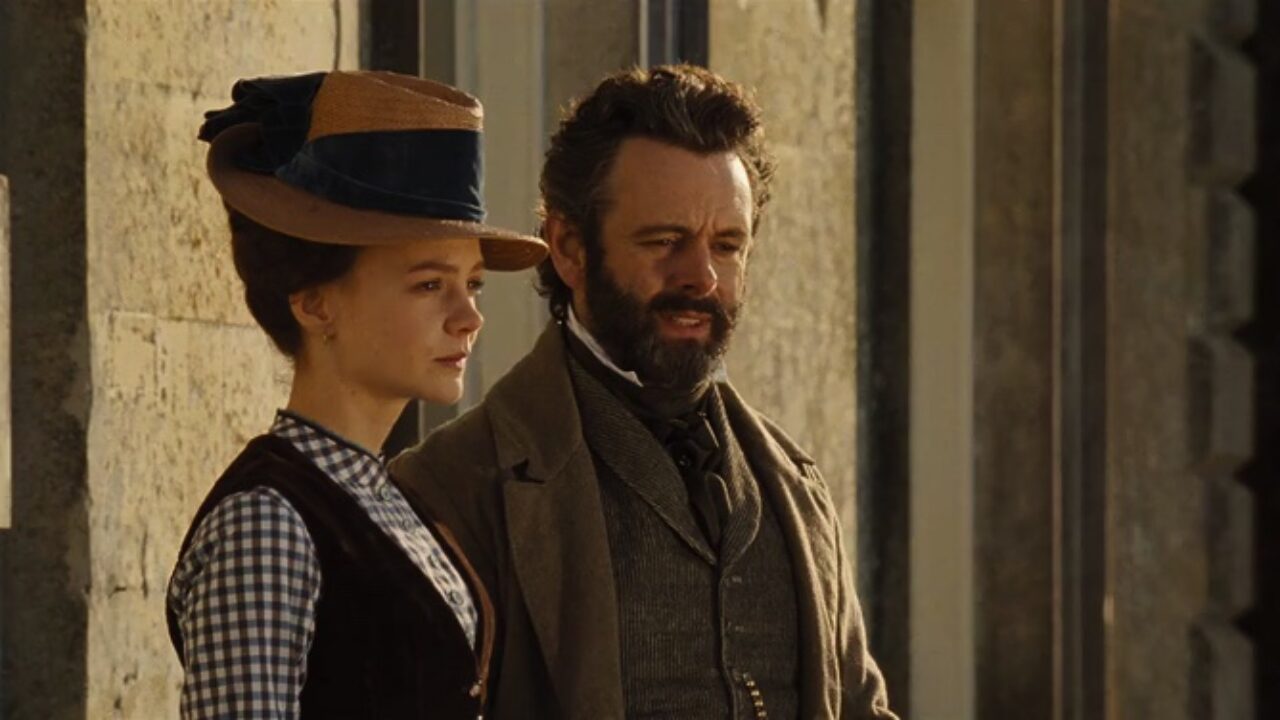Far From the Madding Crowd: Thomas Hardy's complex feminism
Far From the Madding Crowd: imperfect women
Of all Thomas Hardy’s novels, Far From the Madding Crowd is probably not his most famous, but I think it’s definitely one worth examining closely. Hardy is a notoriously depressing novelist. Tess of the D’Urbervilles is a prime example, and Far From the Madding Crowd doesn’t escape without it’s own healthy dose of tragedy and despair, but that’s not what this post is primarily interested in. Instead, I think Far From the Madding Crowd gives us an opportunity to think about texts which have complex women at their centre, but are not categorically giving us a positive story about female empowerment and agency. Because the novel walks a fine line, it’s difficult to decipher any particular stance on feminism, whether by our modern standards or Hardy’s own. Women’s stories in Far From the Madding Crowd are complicated to say the least.
As we’ve established, Hardy’s female characters are highly nuanced. They are also, in this novel and others, key protagonists. In fact, the reader follows mostly Bathsheba Everdene’s story in this novel. Strong-willed and moralising women drive this story forward. But that doesn’t make this text a positively feminist one. And that isn’t necessarily a bad thing in itself, nor does it mean we can’t assess this story and its characters through a feminist lens.
So what makes a Hardy heroine powerful? Is it her moral virtue? Is it her financial position? Is it her social status and familial inheritance? Is it her romantic and sexual appeal to the men in her life? For the women in Far From the Madding Crowd, I’d say all those things are true to some degree.
Bathsheba Everdene, the novel’s primary female protagonist, is quite an unusual lady. Bathsheba is a powerful woman in this story. She’s financially independent, in a managerial role on a farm she’s inherited by blood and law, has earned the respect of her employees, and is also a wealthy, young, unmarried woman. She’s clearly a rich character, and a powerful character by all means, but also not always sympathetic. Sometimes she’s flippant and dismissive of people who care about her, sometimes she’s selfish, sometimes she’s impulsive and thoughtless and subsequently unkind, sometimes she’s jealous, sometimes she’s stubborn.
On balance, it’s difficult to label her as an icon of “girl power” in a still patriarchal world. But just because we can’t label her as a feminist icon doesn’t mean she’s a bad character, nor does it mean we can’t take positive lessons from her story. It’s unfair to say that “girl power” characters are entirely good and anything else is bad. Bathsheba isn’t the perfect woman, but then again, none of us are.
Sometimes it’s nice to see a woman in fiction who isn’t gunning for “girl power” but is still taking her story into her own hands. Bathsheba doesn’t see being a woman as a challenge to be overcome but a part of her identity which makes her, her. Womanhood need not always be a struggle, and we are not always powerless in our femininity.



Comments
Post a Comment